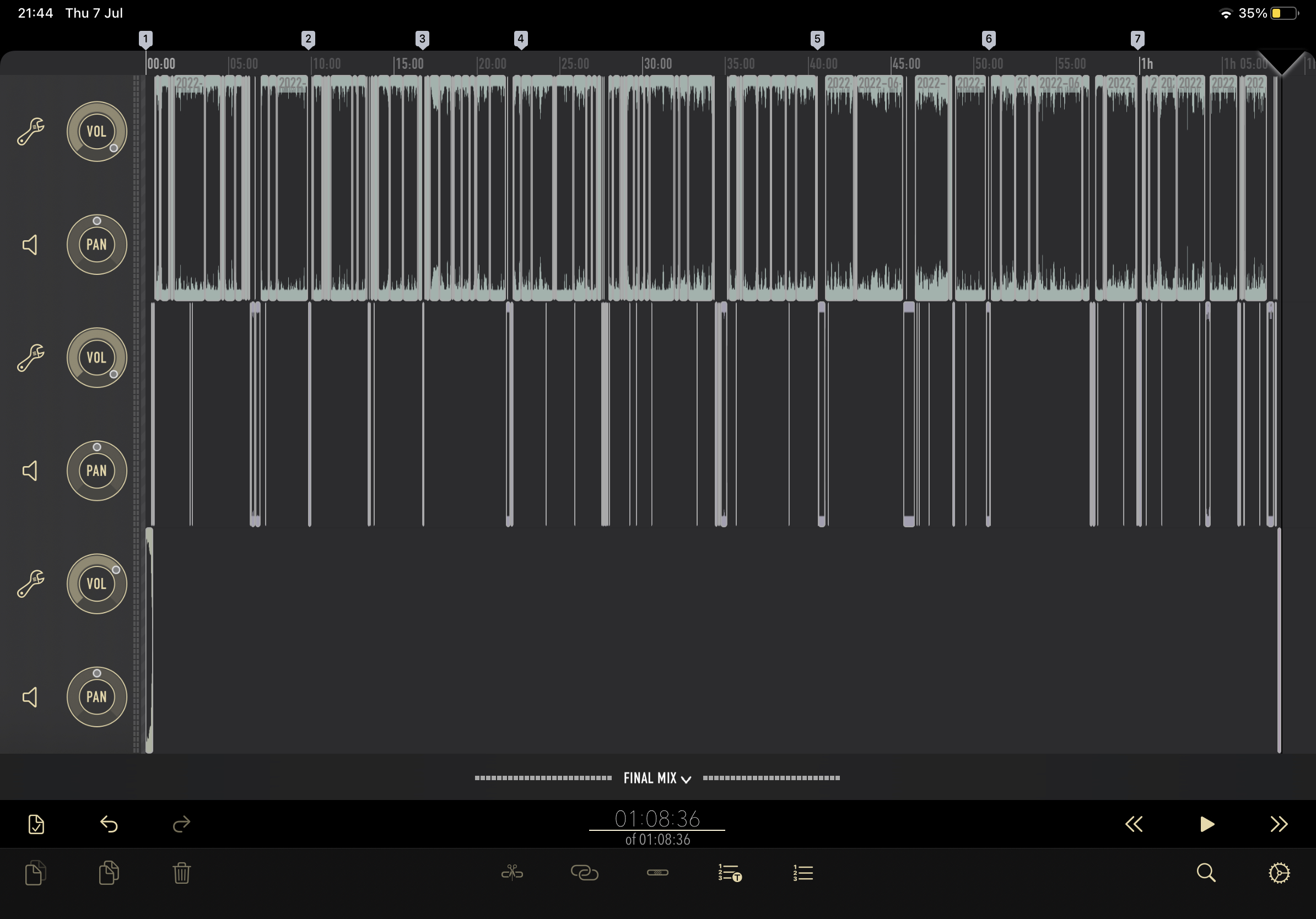
 Really Specific Stories
Really Specific Stories Jason Burk
Jul 7, 2022
Jason Burk, podcast producer and co-host of Hemispheric Views, talks about his audio adventure from being a nerdy kid to co-hosting a podcast. He discusses the history and evolution of podcasts, the importance of show notes, the desire for open standards, and how podcasting serves as a form of self-expression and therapy. Burk reflects on the challenges and ubiquity of podcasting, emphasizing diversity and adaptability.
Chapters
Transcript
Episode notes
1 2 3 4 5 6 7
Introduction
00:00 • 6min
The Evolution of Podcasts
05:53 • 35min
Changes and Importance of Podcasting from a Listener's Standpoint
41:00 • 6min
Creating Show Notes
46:30 • 5min
The Importance of Open Standards
51:03 • 9min
Exploring Podcasting as a Form of Self-Expression and Therapy
01:00:13 • 4min
Reflections on the Evolution of Podcasting
01:04:20 • 4min

